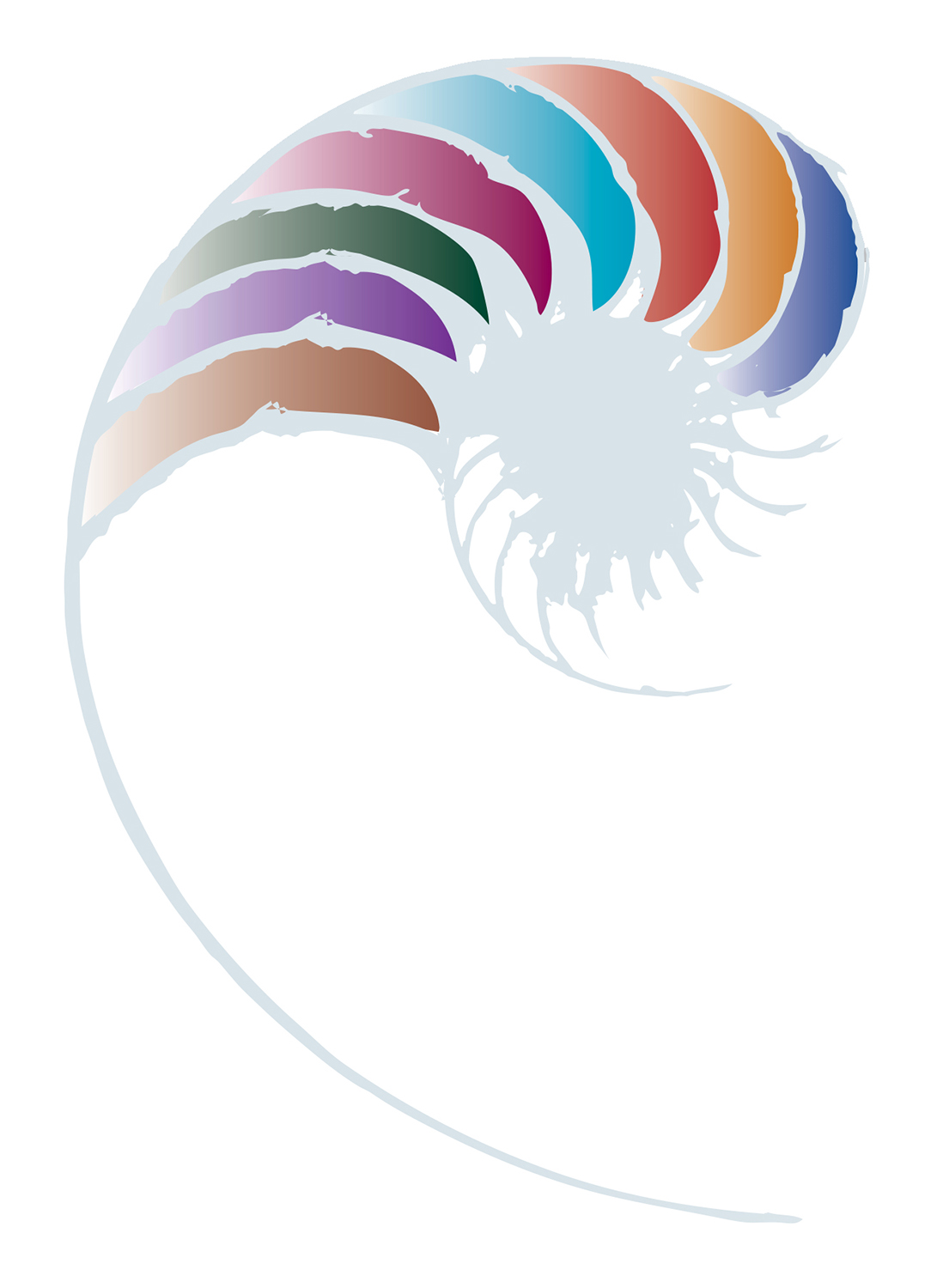Creating a place-based curriculum through a shared vision
A story about a Kāhui Ako uniting around a shared vision of proficiency in te reo o te kāinga (local reo Māori).

Te Hiku Kāhui Ako has 19 schools and 19 early learning services. Its vision to increase the well-being and engagement of the community is guided by the 38 members, the five local iwi, and its community. This includes whānau, students, health and social service providers, and the local business association. Mauri is a home-based early learning service within this Kāhui Ako. It has two networks, one full immersion and one bilingual. Their Kaihautū is one of two early learning leads on the Kaitiāki roopu.
A key strategy for the Kāhui Ako is promoting a local curriculum by ensuring all of its kaiako will be proficient in te reo o te kāinga (local reo Māori) by 2030. This goal embodies the hopes and aspirations of whānau, kaiako, and te hau kāinga by empowering practice through local tikanga. The idea is that through their reo, their unique values and worldview can be properly realised.
The leadership of Mauri believe that active collaboration is key to a collective change in attitudes and practice. The connections made within the Kāhui Ako have enabled siloed groups to break through perceived competitiveness, see their shared vision, and recognise that it can only be achieved by intentionally developing relationships with one another. Kaiako across the early learning cluster now support each other to attend weekly te reo classes in line with their vision.
Within the Kāhui Ako vision, Mauri kaiako can see the value in their mōhioranga of local reo, local tikanga, and local practices. The participation of Mauri whānau has increased in the curriculum because it reflects learning that is of worth to them.
Examples include:
- tikanga – karakia with the tamariki before they go fishing and return the first ngohi (fish) to Tangaroa
- kaitiākitanga – respectfully preparing the ngohi for gutting and scaling
- manaakitanga – delivering the fish heads to kaumātua.
Genuine collaborations have allowed for true ako to take place, as the learning that matters in this place has become the priority.
About this resource
A home-based early learning service joined others in the Kāhui Ako to increase their proficiency in te reo o te kāinga (local reo Māori) and strengthen their local curriculum.



